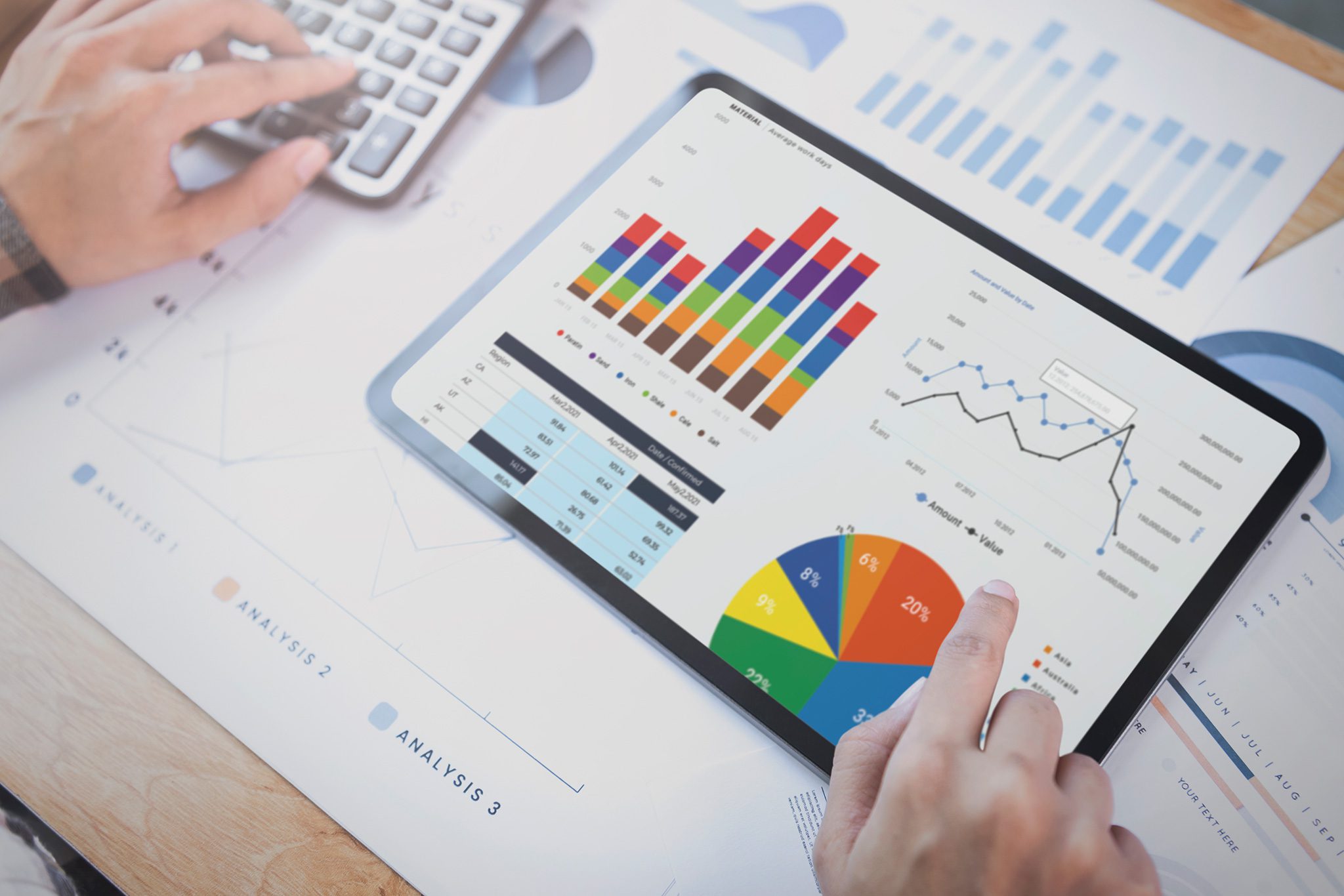6 min read

Emerging accounting technology trends
From the abacus to the calculator to spreadsheets to digital accounting software, aids to accounting have come a long way. If your business is looking to accelerate its accounting function in a rapidly evolving tech world, you should stay abreast of the following trends:
1. Blockchain
You should keep an eye on developments in this area and be prepared to adapt as the technology matures.
2. Automation
3. Cloud computing
Cloud-based accounting software has become increasingly popular due to its accessibility, cost-effectiveness, and ease of use. It allows you to access financial data in real-time from any location and thus practise continuous monitoring rather than only sporadic assessments.
4. Integrated reporting
The demand for integrated reporting is growing as businesses and investors seek a more comprehensive view of a company’s performance, including financial metrics and social, environmental, and governance factors.
5. Streamlined interactions
Virtual meetings became the norm during the pandemic, and even now, they offer an easy, hassle-free way for your accounting team to interact with departments, vendors, and other stakeholders whenever they need to, without the trouble of commuting. Virtual meeting tools also make it easy to record the meeting and its transcript for later reference.
6. Outsourced accounting services
With recession being so dominant in people’s lives, an unstable economy and ChatGPT gunning for many jobs, it is not surprising to see many businesses choosing to outsource their accounting functions to specialised firms to reduce costs, improve efficiency, and gain access to a talent pool that may not be available in-house. Technological developments have delivered improved security and accessibility to make this a seamless operation.
7. Sustainability and environmental, social, and governance (ESG) reporting
ESG performance and reporting is another aspect driven by investor interest and regulatory requirements. Your accounting team can be crucial in verifying and validating ESG data, helping you understand your impact and developing strategies to improve sustainability.
How the role of your accountant will change
Contrary to what naysayers might have you think, technology will not replace human accountants. What will happen is that the accountant’s role will shift away from purely executive tasks to more strategic ones, where critical thinking and human insight are required. Here is how the role of your accountant will change:
1. Cloud-based accounting expertise
2. Data mining and data visualisations
Your accounting team has a massive opportunity to serve as your strategic advisor by identifying patterns by applying data science techniques and then making forecasts. This requires a solid understanding of advanced analytics, something worth investing in with the extra time that is no longer spent on manual activities.
3. Emphasis on advisory services
With things like tax filing or bookkeeping being largely outsourced to technology, your accounting team can offer more valuable strategic advice to the client. Personalised guidance on expanding and growing as a business, regardless of technology, will require a human with on-ground experience to offer insights based on market trends and historical data.





